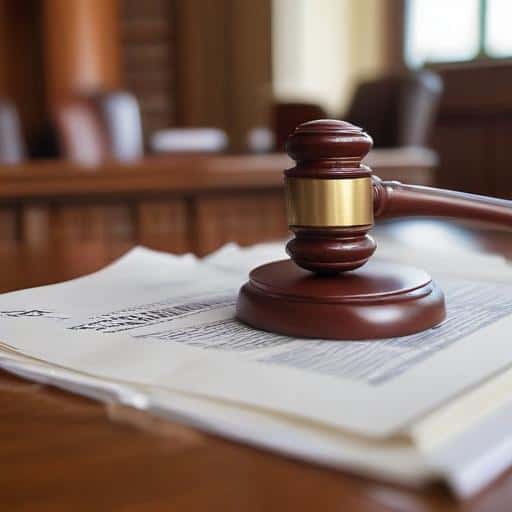The Supreme Court of Papua New Guinea has declared the Parliament’s decision to block a second motion of no confidence against the Prime Minister unconstitutional. This ruling was issued by a five-judge bench led by Chief Justice Salika and stemmed from a challenge brought by Deputy Opposition Leader and Chuave MP, James Nomane.
The court found that the Private Business Committee’s rejection of a no-confidence motion on November 27, 2024, violated Section 111 of the Constitution, which affirms the right to introduce new bills. It also ruled that a prior resolution from September 12, 2024, that dismissed a previous no-confidence motion did not limit the possibility of subsequent motions under constitutional provisions. The refusal of the motion violated the principle of collective executive responsibility owed to Parliament. Moreover, the court declared Section 165 of the Standing Orders, which limits no-confidence motions within a 12-month period, unconstitutional when applied to such motions.
In light of this ruling, the Supreme Court mandated that Parliament be recalled by April 8, 2025, to debate the motion. The court also ordered immediate action by the Private Business Committee to submit the motion for listing. The Prime Minister, James Marape, acknowledged the court’s decision and stated that the government would respect the ruling and allow the parliamentary processes to unfold as directed.
Marape noted that the court emphasized the importance of adhering to the country’s constitution, which he affirmed would be respected by both his government and coalition partners. He stated the government is committed to upholding the rule of law, adding that they appreciate Nomane exercising his constitutional rights to seek judicial clarification in this matter.
This decision underscores a pivotal moment in Papua New Guinea’s political landscape as political tensions surrounding no-confidence motions continue to shape governance. It presents an opportunity for a more structured approach in responding to political accountability, potentially leading to a more stable governance environment in the future.
Overall, the court ruling reflects a commitment to upholding constitutional rights and fostering political discourse that benefits the public interest.

Leave a comment